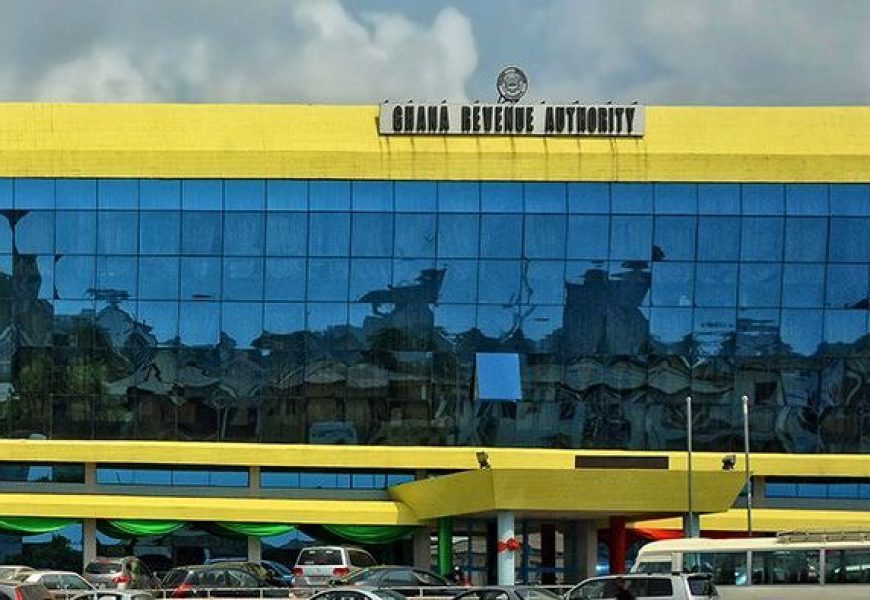
At the launch of the 8th Ghana Economic Update by the World Bank, Deputy Minister of Finance, Dr. Alex Ampaabeng, disclosed that out of approximately 7.9 million registered taxpayers in Ghana, only about 1.5 million are actively paying taxes.
He highlighted that both the Ministry of Finance and the Ghana Revenue Authority (GRA) are currently working on cleaning the tax database to boost tax revenue collection.
Dr. Ampaabeng emphasized the government’s commitment to improving the fiscal environment by reducing human interaction in tax collection and enhancing digital methods. He noted, “Going forward, reducing the human interface is key to growing our [Ghana’s] tax revenue. The Ministry of Finance is working with the GRA to reduce lots of tax infractions.”
Ghana’s tax collection has been notably low compared to its peers, with an average tax collection of 13.2% of Gross Domestic Product (GDP) between 2017 and 2021. This figure is below the Sub-Saharan Africa average and 8 percentage points short of Ghana’s estimated tax capacity of 21.2% of GDP.
The World Bank’s report pinpointed inefficiencies within Ghana’s tax policy framework and compliance mechanisms. It suggested that rationalizing large tax expenditures could help enhance tax revenue, balancing the reduction of revenue losses with potential distributional and social impacts.
Addressing these inefficiencies is seen as crucial for ensuring macroeconomic stability and generating resources necessary for sustainable long-term growth and poverty reduction efforts.




